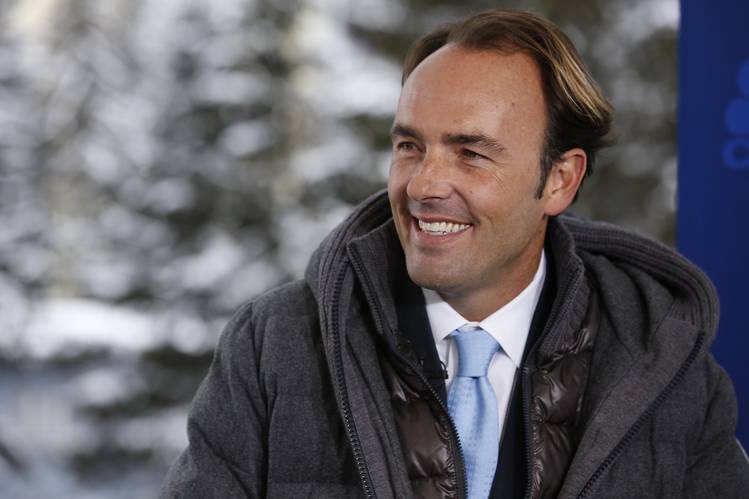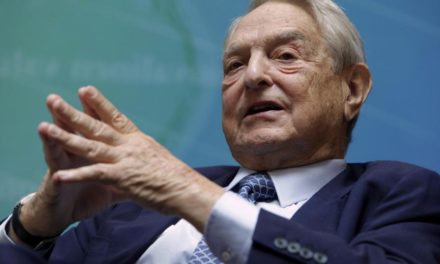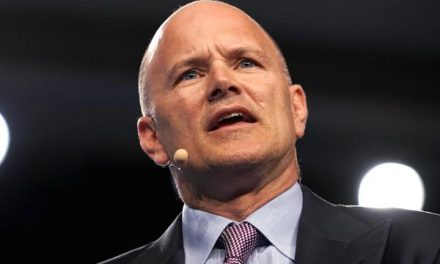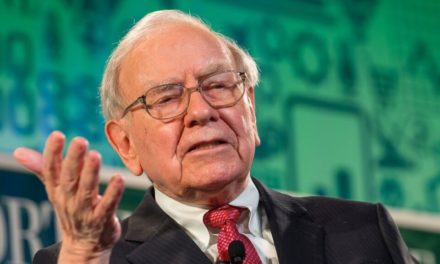Kyle Bass remains a China bear, claiming he knows many US companies that have billions of dollars in earnings sitting in Chinese banks, and they cannot get the funds out.
Over the past few years, China hawks have highlighted the over-speculated Chinese property sector with ghost towns and a likely real estate crash that could doom the highly leveraged economy.
But that has yet to play out, and China, the second-largest economy, has managed to pull through.


“Over the past few years, China hawks have highlighted the over-speculated Chinese property sector with ghost towns and a likely real estate crash that could doom the highly leveraged economy”
KYLE BASS
The principal reason why Kyle Bass remains a China bear is its over-leveraged banking system
Kyle Bass believes that when thinking about China, you need to think about it in two spheres.
He said there is domestic China and how they operate their economy. Kyle Bass referred to mainland China as internal China domestically. “The other China is how they interface with the rest of the world,” he said.
“Internally, they have the RMB economy, and China can avoid moral hazard.
Their banking system is about 350% of GDP.
The US banking system is about 100% of its GDP.
If you include the non-banks and the Freddies of the banking world, we are about 1.7% of GDP,” he said.
“So China’s banking system is twice the size of the US based on an economy substantially smaller than ours,” added Kyle Bass.
“They only entered advanced banking in 2002, so they have a lot of plates spinning and have a lot of leverage.
Approximately 40% of bank assets are lent to domestic real estate,” and he added, “So if your real estate market is down thirty to fifty and economy is 2.5 times levered to banks, and your banks are insolvent, you have a real problem.”

“So China’s banking system is twice the size of the US based on an economy substantially smaller than ours”
KYLE BASS
Kyle Bass remains a China bear, but could his analysis be outdated?
He thinks China’s problem is worse than the US’s during the financial crisis.
His analysis is based on a dollar shortage for energy and other world commodities prices in US dollars.
“They import about 13 billion barrels of crude daily and nine LNG daily and are the largest importers of LNG and oil.
They import 40% of their food daily, and all those imports have to be paid in USD,” he said.
However, Kyle Bass’s analysis is outdated and inaccurate, bearing in mind China has been de-dollarizing.
Since the Russian invasion of Ukraine and the sanctions on Russia, China has been using RNBs to buy Russian commodities.
“They are building their military, and it could be a potential kinetic situation when they take Taiwan” – Kyle Bass
Since the Ukraine war, RNB’s share in Russia’s 2022 import settlements rose to 23% from 4%. Today, imports of Russian oil, piped gas, coal, and metals are mainly settled in RNBs.
Chi Lo, senior investment strategist at BNP Paribas Asset Management in Hong Kong, predicts a long-term snowball effect as more countries join the “RMB bloc” to reduce risks of dollar exposure, “especially after they’ve seen what the US-led sanctions against Russia have done,” he said.
Kyle Bass asks a dim question, “So where do they get the dollars?”
Is Kyle Bass asleep at the wheel and unaware of the rise of the petro yuan?
Perhaps the question should be why the US is pursuing a policy accelerating BRICS, an alternative to a US-centric dollar orbit by isolating the world’s largest supplier and consumer of energy.
China, the world’s factory, has a currency exchangeable for goods the world needs and wants.
“They are building their military, and it could be a potential kinetic situation when they take Taiwan,” he said.
China’s collapsing population is why Kyle Bass remains a China bear
Collapsing birth rates is a problem, which he admits is also an issue in the West.
The common denominator is escalating housing prices, becoming unaffordable for young people.
He cites unrestricted speculation in real estate.
Young men are not getting apartments, so they are not getting married and forming households.
The number of marriages and births has collapsed.
“Global challenger is the inflation we have pushed onto the world, which is geopolitically destabilizing” – Kyle Bass
He noted that the fertility rate of women needs to be 2.1 to sustain a population.
But no future consumers equals no economy to invest in.
What happens when those dividend-paying stock ETFs start cutting their dividends because population decline causes revenue and profit to shrink? The Chinese fertility rate is now down to 1.2.
Kyle Bass remains a China bear despite China’s spectacular growth due to real estate price increases
“If I told you seventeen years ago, there would be a country that would become the second largest economy in the world and grow its GDP 505% over two decades. If you invested in their largest public Index, S&P China 500, you would lose a third of your money. “China’s 10-year bond at 2% is telling you China is in a recession, which has an impact on global growth,” he said.
In the US, we grew our GDP by 75%, and you are up 440% if you invested in the S&P 500 over the same period,” he said.
He believes we should have uniform standards for listing in America.
If you own a Chinese ADR in America, most, 95%, are called VIE structures, and they do not own the stock.
Kyle Bass remains a China bear, believing that US-denominated assets are a better bet
He believes the Trump administration has inherited a volatile situation, noting that the Fed’s balance sheet expanded by five trillion dollars in 24 months between 2020 and 2022.
In 2009, the Fed’s balance sheet was under one trillion dollars.
“We just pushed 40 to 50% dollar inflation to the world.
If we create dollar-based inflation that impacts the whole world,” he said.
“Global challenger is the inflation we have pushed onto the world, which is geopolitically destabilizing.
Several countries have hyperinflated their currency away to a point where people are struggling daily,” he added.
He believes the current administration has a fiscal focus on cutting the public deficit. “The cost-cutting and growth crew need to be successful.
We need to be leaner and meaner and show our true economic potential,” he said.
















